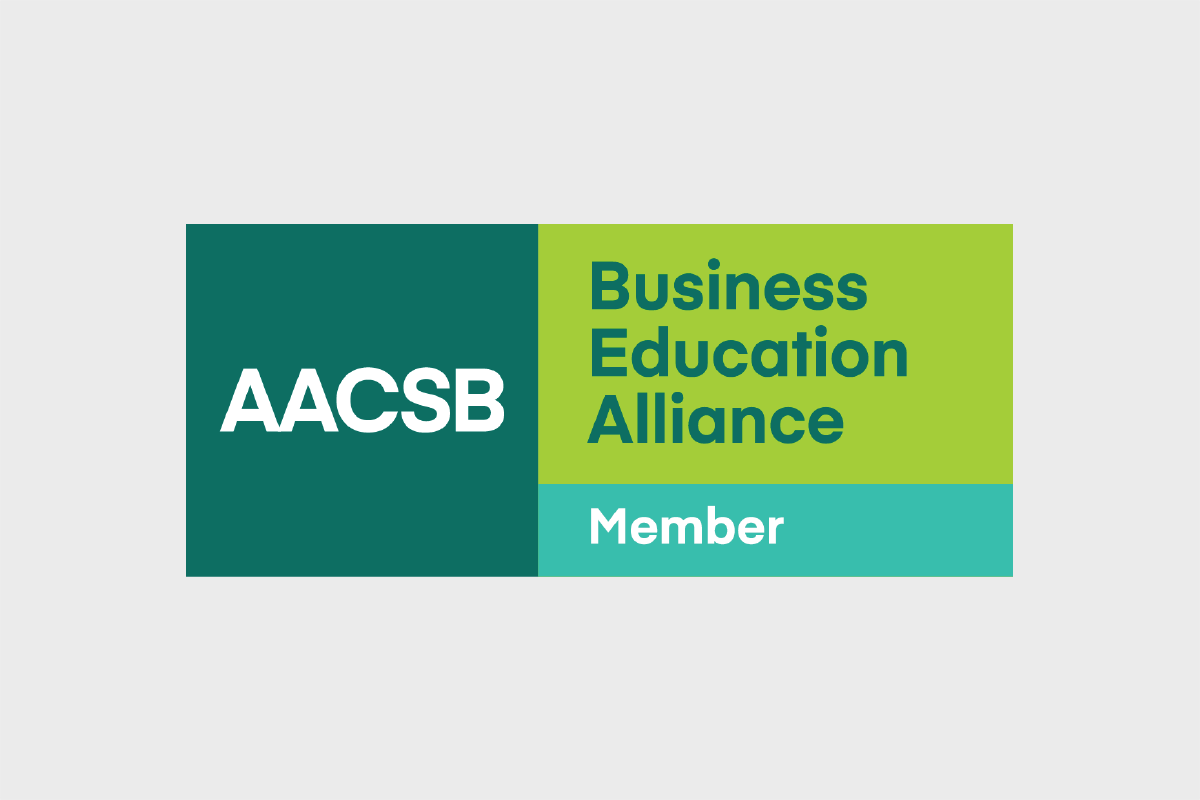Electives
Managing Sustainability
This module builds on the Vision 2050 of the World Business Council for Sustainable Development, “to have a world well on the way to sustainability by 2050, where over 9 billion people are living well and within the resource limits of the planet”. This means questioning current business-as-usual practices (currently we consume 50% more natural resources than the planet can replenish), exploring alternative business pathways that can secure long-term economic, social and environmental value, while excelling at what business does best, namely to innovate, adapt, collaborate and execute. The module will examine the many processes of interaction between, business, environment and society, and the ways in which business impacts these dimensions (and vice-versa) in the production, distribution, marketing and final consumption of goods and services.
Managing the Digital Space
This module aims to develop an understanding of the role of digital technologies within the workplace. The module explores and develops the ideas and concepts of the use of digital technology to support the manager and their daily operational role with a focus on the role of industry 4.0. The module develops insights into the role of technology, offers opportunities for students to reflect on their contribution to the workplace and then consider their applicability through a critical lens to their organisation.
Employee Engagement and Communications
This module enables the student to develop and demonstrate a sound understanding of the knowledge, skills and behaviours required by Human Resources (HR) professionals and people managers, specifically relating to developing and maintaining employee engagement and to develop and manage effective employee communications.
Managing Operations
This module aims to prepare students to work at the operational level within the logistics sector and looks to enable students to apply attributes, tools and techniques of operational management whilst working within the business strategy. The use of the transformation process is explored to identify the links between the resources, the organisational process and the customer. This provides an insight into operational stakeholder and customer management techniques.
Managing Projects
In this module students have the opportunity to develop a solid foundation in the theory and best practice of project management, and can develop the practical skills of how to plan, implement and control projects. The module aims to provide students with an understanding of the system perspective on management and a practically-oriented introduction to the nature, purpose and standards of project management and its key functional objectives (scope, time, cost, quality, risk and flexibility). The role and qualities of the project manager and the composition of the team are also evaluated.

